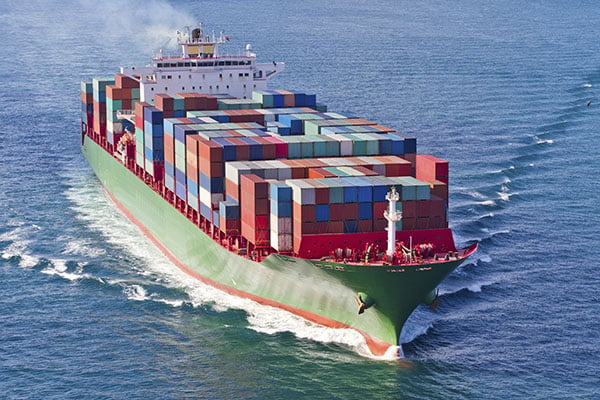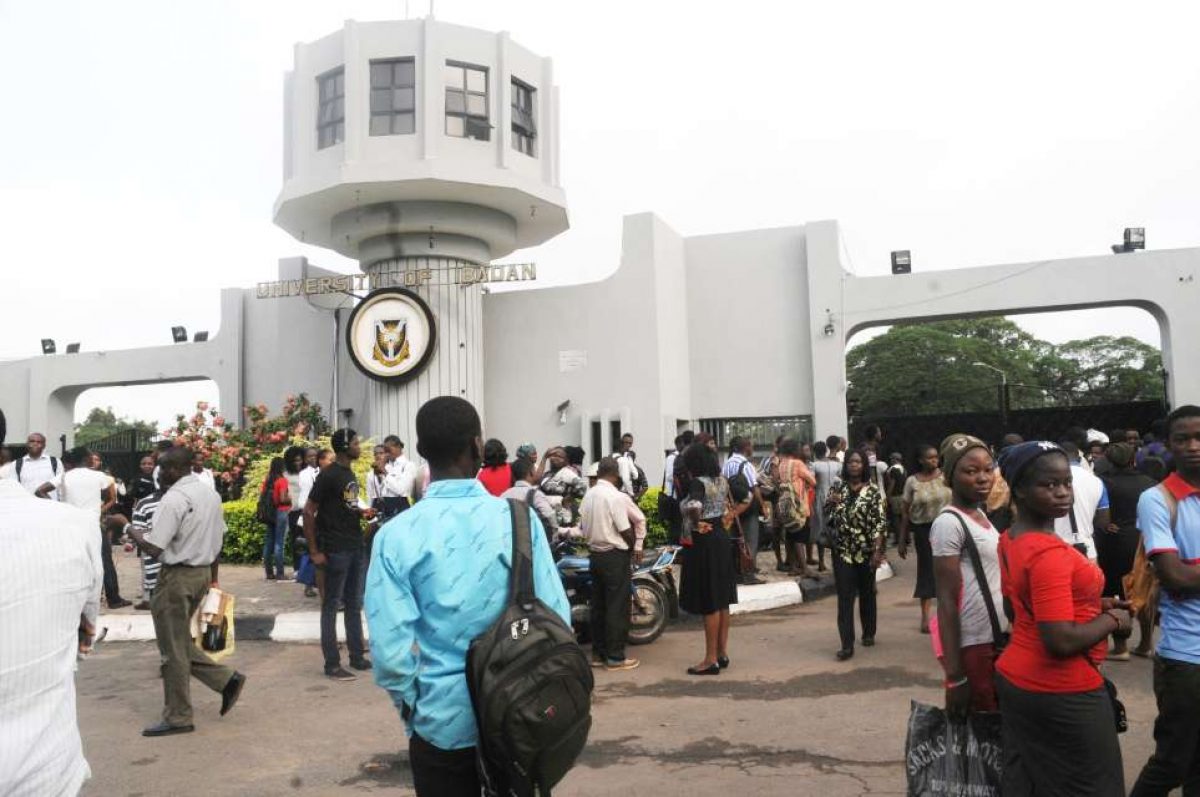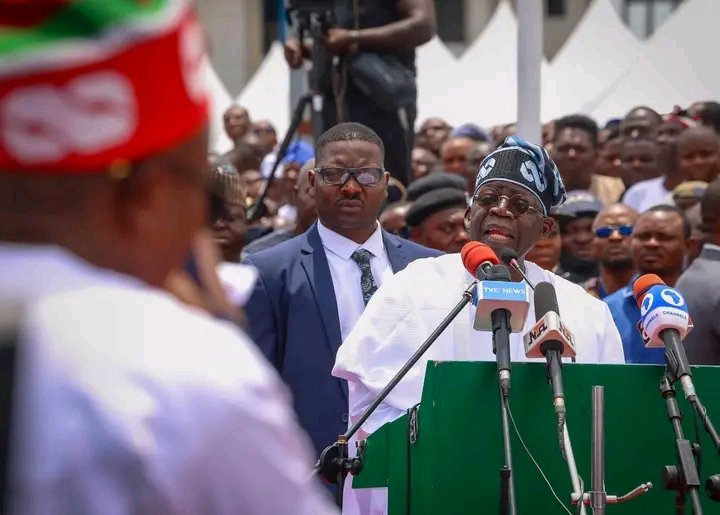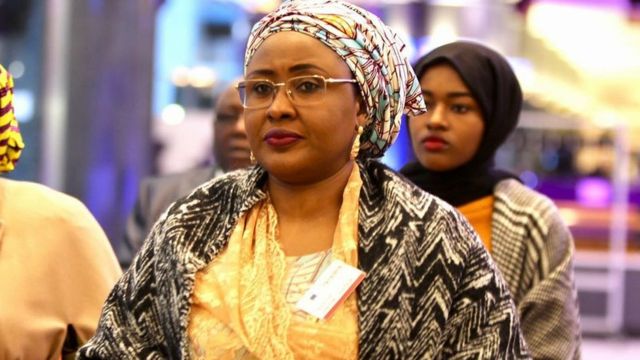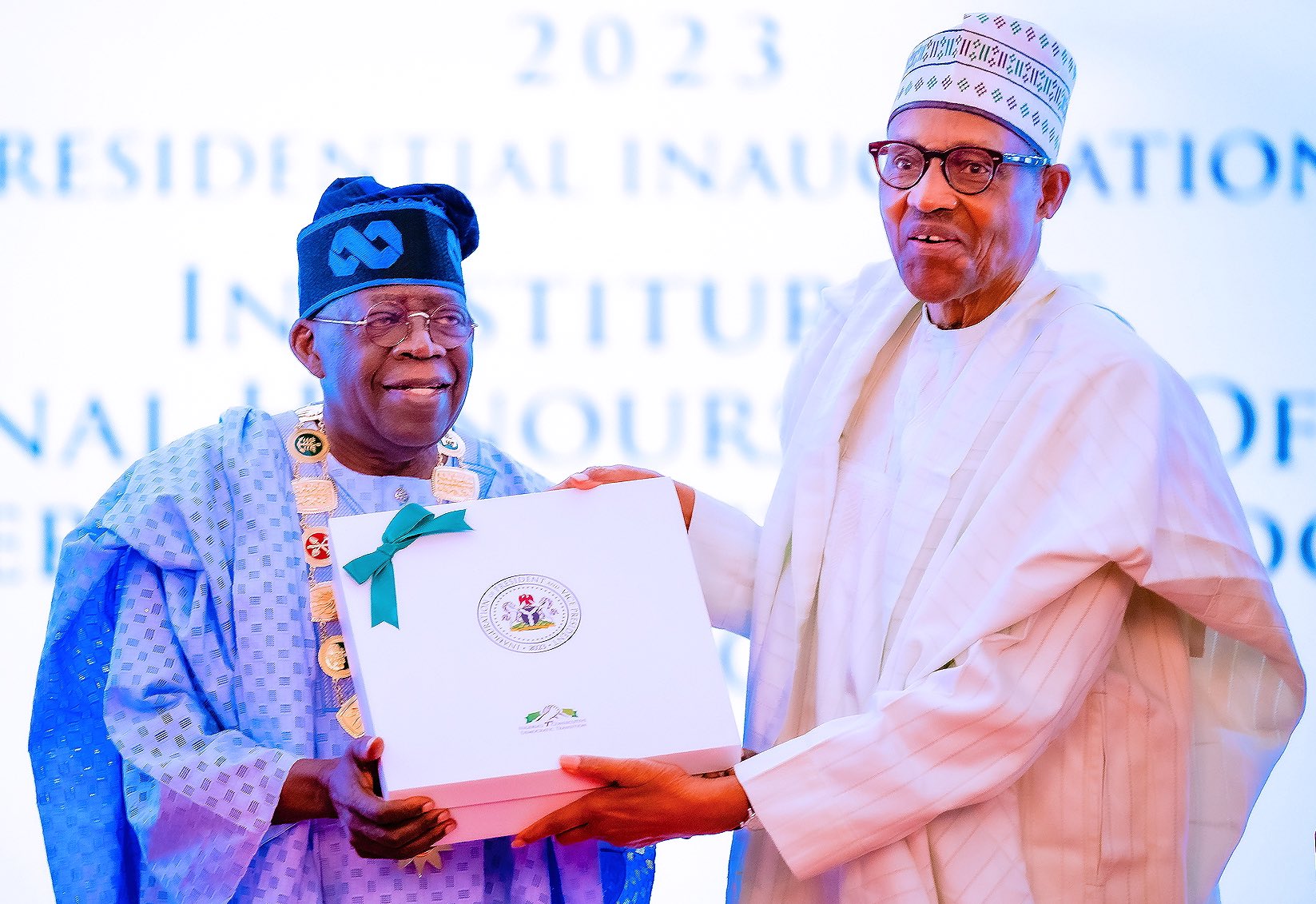The recent publication of the Logistics Performance Index (LPI) for 2023 by the World Bank, has brought to bear, some of the concise reforms that are required by the incoming administration in Nigeria, to quickly improve the business environment and economic competitiveness of Africa’s most populous country. The required reforms are occasioned by the challenging economic situation in the country, occasioned by high unemployment, high inflation, increased poverty and declining investment. The parameters from the LPI publication can however provide some dynamic and low-cost policy framework for enhancing Nigeria’s economic competitiveness, which is the focus of this piece.
The LPI is a trade performance assessment framework, which measures the efficiency and effectiveness of trade logistics in a country, to ascertain the ease of moving goods across borders in a speedy and reliable manner on a maximum scale of 5.0 percent. The LPI is therefore a framework that helps in understanding the condition and ease of a country’s business environment. With the private sector playing a key role in job creation and economic development, the ranking on the LPI therefore becomes a veritable tool for economic assessment. In the report titled “Connecting to Compete 2023: Trade Logistics in an Uncertain Global Economy,” Nigeria ranked 88th out of 139 countries assessed, with South Africa emerging continental tops at 19th on 3.4 percent, Egypt at 57th with 3.1 percent, Botswana at 57th with 3.1 percent, Namibia 66th, Benin Republic at 66th, Djibouti 79th and Rwanda 73rd and Benin Republic at 66th, being the other major African countries that ranked higher than Nigeria. The Democratic Republic of Congo, Guinea Bissau and Mali, are the other African countries that shared the 88th position on the Index with Nigeria, with 2.6 percent performance score. And countries that rank positively on the LPI, also rank positively on the Human Development Index of the United Nations Development Programme.
The necessity for policy reforms by the incoming administration in Nigeria is underscored by the economic outcomes of the outgoing administration. Compared to 2015 when it assumed office, unemployment has risen from 9.9 percent to about 41 percent, inflation from 9 percent to 22.2 percent, number of poor people from 40 million to 130 million in multidimensional poverty and value of the Naira from 185 to the US 1 dollar to 750 to the US 1 dollar. While public debt has risen from $10.32 billion to $103.11 billion, debt service now consumes 105 percent of national revenue!
That public debt has significantly increased, and the country now spends more than it earns to service its debt, underscores the tight space for economic manoeuver, and therefore the prioritization of policies that have minimal financial implications.
Advertisement
With an understanding of the LPI as a framework for improving economic competitiveness, and considering the government’s financial constraints, it becomes imperative to ask- what are the low-cost policy measures that can be adopted to improve Nigeria’s economic competitiveness and ease business operations?
First is to review the methodology and dimensions of LPI, for better comprehension. The methodology for the LPI rests on six major dimensions, which are efficiency of the clearance process i.e., speed, simplicity and predictability of formalities by border control agencies, including customs; quality of trade and transport related infrastructure such as ports, railroads, roads, information technology; ease of arranging competitively priced shipments; competence and quality of logistics services such as transport operators, customs brokers; ability to track and trace consignments; and timeliness of shipments in reaching destination within the scheduled or expected delivery time.
For a total score of 5, Nigeria scored 2.6 percent on customs; 2.4 percent on logistics infrastructure, 2.5 percent on international shipments, 2.3 percent on logistics competence and quality, 3.1 percent on timeliness and 2.7 percent on tracking and tracing.
Advertisement
As will be seen, not all six dimensions of the LPI framework require government financial expenditure. A lot can be done through policy and policy implementation.
The first dimension on efficiency of port clearance processes has the Nigeria Customs Service (NCS), supervised by the Federal Ministry of Finance, as the primary agency of government in this area. Nigeria is a signatory to the 2017 Trade Facilitation Agreement (TFA) of the World Trade Organisation (WTO), which commits countries to implementing measures that enhance the flow and ease of trade across borders. One of the main policy options required here is the appointment of a Comptroller General of NCS, with an established track record and training in Trade Facilitation, either from World Customs Organisation, WTO training institutes or other recognized trade facilitation training institutes. This makes it easier for TFA to be implemented in Nigeria. A suitable candidate does not necessarily have to be an official of the NCS, as there is a precedence to appointing CG NCS from outside NCS personnel, though some have expressed concern about its effect on the morale of NCS officials. The example of Prof Dora Akunyili with National Agency for Food and Drug Administration and Control (NAFDAC), AIG Nuhu Ribadu with the Economic and Financial Crimes Commission (EFCC) and Dr Akinwumi Adesina with the Federal Ministry of Agriculture, are examples of the impact that individuals can make on institutions. Same is required at NCS. A brief analysis of the background of these individuals showed they had personal and research experience with fake drugs, corruption and fertiliser abuse, and there was therefore the personal drive and urge to implement positive reforms. If therefore it means appointing a business person with previous experience in international trade, so be it. Still on Customs and port process reforms, a lot can be done to improve trade facilitation, before ongoing E-Customs project is completed. The political spine and support given to Ngozi Okonjo-Iweala by the then President Jonathan, to reduce number of agencies at the ports from 14 to 8 on October 10, 2011, just weeks after assuming office as Finance Minister and Coordinating Minister of the Economy, has been lacking. This zero-financial cost policy action was implemented within two weeks, and led to the reduction of agencies at the ports by about 60 percent, leading to improved port efficiency, reduced corruption, and contributed to Nigeria being among Africa’s top three leading foreign direct investment destinations in 2014, according to United Nations Conference on Trade and Development (UNCTAD). Such political strength for positive reforms has since been lacking, further impeding logistic performance. Providing the required political support to the whoever is appointed Minster of Finance or supervisory minister is therefore essential, and should come with ambitious coordinating responsibility to successfully establish the National Single Window and complete major parts of the E-Customs project within six months. If moving supervision of NCS from the Ministry of Finance to the Federal Ministry of Industry, Trade and Investment is a more feasible, coordinative and cost-free option, then it should be considered, as some countries with very efficient logistics performance and trade facilitation have their Customs Service under their Ministries of Trade.
Quality of trade and transport related infrastructure such as ports, railroads, roads, and information technology, is the next major reform that improves logistics performance and Nigeria’s economic competitiveness. The paucity of funds, and the need for policy consistency in positive areas means that some of the Public-Private-Partnership (PPP) financing arrangements in place have to be followed through. They include the Nigeria Infrastructure Fund of the Nigeria Sovereign Investment Authority (NSIA), Highway Development Management Initiative of the Federal Ministry of Works and Housing, and the Road Infrastructure Development and Refurbishment Investment Tax Credit Scheme of the federal government. With the recent laws that allows for state government involvement in electricity and railways, the Infrastructure Concession Regulatory Commission (ICRC) can be mandated to work with state governments through the National Economic Council, to develop Outline Business Case (OBC) for all major trade and transport related infrastructure in Nigeria, within 6 months. This will enable the development of Full Business Cases (FBC) and subsequent investment decisions on all viable trade related infrastructure within 12 months. Such investment decisions should be done in a transparent and timely manner, to prevent the current procurement situation with the Nigeria E-Customs Project, where there are accusations of conflict of interest against officials, and at the tail end of the administration, thereby interpreted as last minute deals. And with the successful completion of the Lekki Deep Sea Port led by the Lagos State Government and private investors, speedy outstanding administrative approvals should be given for the completion of the Ughoton-Gele Gele Sea Port in Edo, Ibom Deep Seaport in Akwa Ibom and other state government plus private sector led port projects.
For information and communications technology, the new government has to appoint a Minister who does not impede the regulatory functions of the Nigeria Communications Communication (NCC). In respecting the regulatory independence of the NCC as contained in the Nigeria Communications Act of 2003, investor confidence will return to the sector, and together with other infrastructural improvements, contribute to investments that enhance logistics performance and economic competitiveness.
Advertisement
For the other components of logistics performance, which are ease of arranging competitively priced shipments; competence and quality of logistics services such as transport operators and customs brokers; ability to track and trace consignments; and timeliness of shipments in reaching destination within the scheduled or expected delivery time, the low-cost policy options required to enhance Nigeria’s economic competitiveness are to be implemented in a few ministries, department and agencies (MDAs). Similar to the trade facilitation orientation espoused for the head of Nigeria’s Customs, those appointed or allowed to serve as heads of Nigeria Shippers’ Council (NSC), Nigeria Ports Authority (NPA) and Nigerian Postal Service (NIPOST), should have met the trade facilitation orientation and track record. If that is done, shipping in Nigeria will be priced competitively, only competent logistics companies and customs brokers will be licensed to operate, the regulated and efficient licensed operators will allow for proper tracking and tracing of consignments, while shipments to Nigeria will arrive on schedule.
Before summarizing, it is important to stress that there is a precedence of cost-effective policy reforms in Nigeria, as exemplified by the telecommunications sector. The country’s ICT sector has grown from 3.08 percent of GDP in 2001, to 18.44 percent of GDP in 2022. A lot of this growth in the ICT sector is driven by the telecommunications sector, which has grown since the policy drive of further privatization of the sector, and auction of GSM licenses to private companies in 2001. That cost-free policy action also increased the number of active telephone lines from 450,000 to 222.2 million within the same period.
Reforms are therefore imperative for the incoming administration in Nigeria. Given the contemporary economic circumstances, with high unemployment, high inflation, currency depreciation and using all revenue and more for debt servicing, the new government will be constrained in its ability to fund reforms. This makes policy reforms that have little or no financial cost most preferred. The LPI provides a framework within which the government can implement reforms that improve Nigeria’s business environment and enhance international trade for improved economic competitiveness. This should in turn, lead to job creation, and earnings from which government can earn more tax revenue. Appointing an official with a track record and capacity for trade facilitation as head of the Nigeria Customs Service, is key to these reforms. Similar reforms in recent decades have made the telecommunication, banking and broadcasting sectors record significant growth. Such reforms and human resource management of people with trade facilitation orientation and capacity are required across the ministries of transport, finance and communications, for enhanced economic competitiveness. Hopefully, the new administration will rise to the task.
Uwanaka writes through [email protected]
Advertisement
Views expressed by contributors are strictly personal and not of TheCable.
Add a comment

